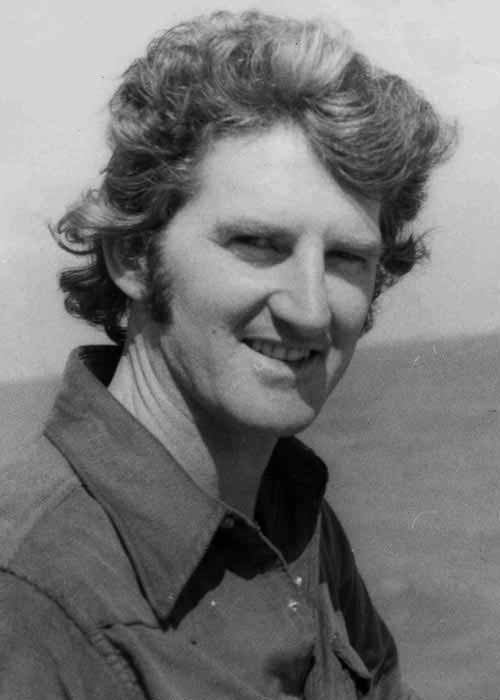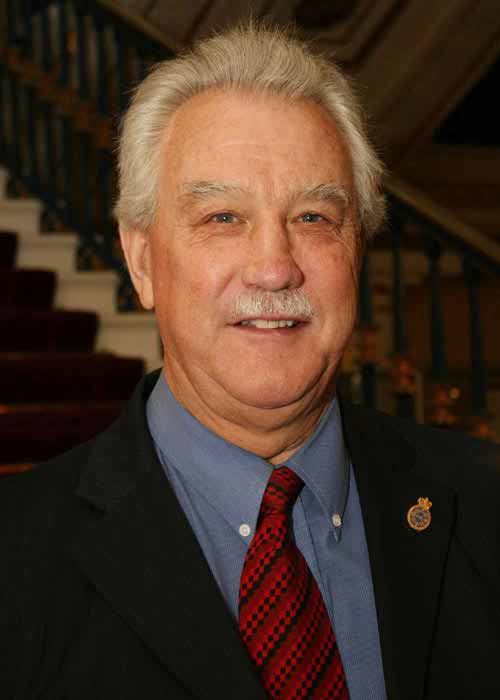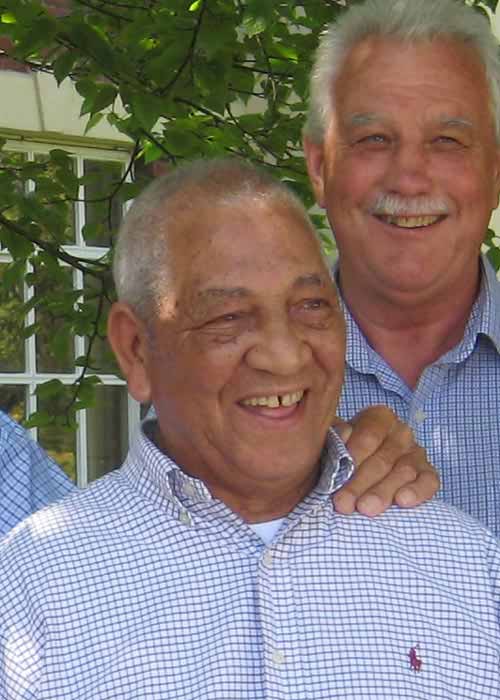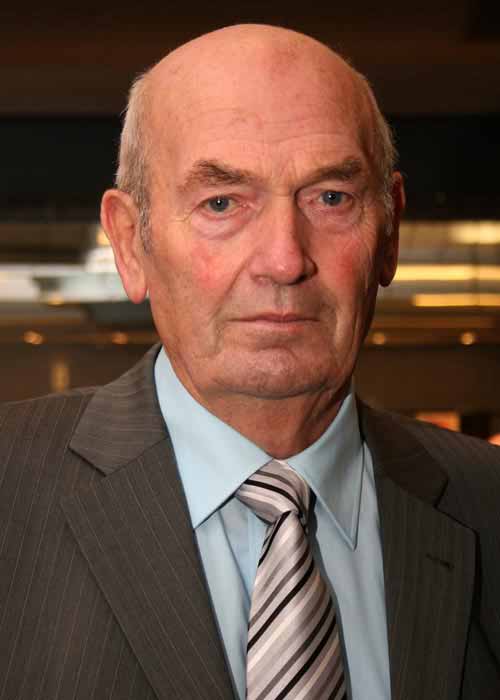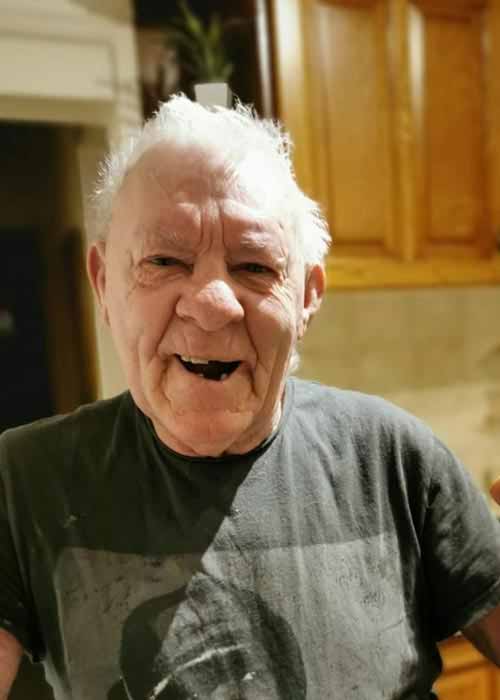Our legal team, led by Danny Friedman QC, considered the CCRC’s reasons and advised us that we had grounds to challenge the CCRC’s decision through a judicial review in the Administrative Court. The CCRC had failed to apply the correct legal test to the evidence that we had submitted to it. The pickets and the Campaign discussed this advice and decided to proceed with an application for judicial review. Sadly, two of the original ten applicants withdrew from the campaign and the legal case. They believed we would not get justice from the courts, and instead thought a documentary film was the way forward to obtain justice.
The pickets were not eligible for legal aid for the judicial review. The potential legal costs, if we had lost, would have been in six figures. But we were determined not to give up and appealed to our supporters in the trade union and labour movement to continue to support us. They did not let us down.
The CCRC opposed our application for Judicial Review. A judge reviewed the papers in March 2018 and decided not to give permission for our application to go forward to a full court hearing. This was a tremendous setback to us but we challenged this decision at a hearing in the Administrative Court in Birmingham on Friday 9 November before a different judge, Mr Justice Jay. After hearing the arguments of our barrister, Danny Friedman, the judge gave permission for the pickets’ application for judicial review to proceed to a full hearing. It was the first time that the case of the Shrewsbury pickets has been before a court since 1974 and the first time that they had achieved a success.
The Judicial Review hearing was held on 30 April 2019, again at the Administrative Court in Birmingham. Several Campaign committee members attended including convicted picket, Terry Renshaw. Halfway through the hearing the CCRC agreed to withdraw its previous decision not to refer the pickets’ cases to the Court of Appeal. It agreed that the pickets’ application would be considered afresh by a new CCRC commissioner.
It took almost a year before the CCRC issued its new Statement of Reasons. On 4 March 2020 it decided to refer the convictions of the eight pickets to the Court of Appeal: Des Warren, John McKinsie Jones, Ken O’Shea, Michael Pierce, Terry Renshaw, Kevin Butcher, Malcolm Clee and Bernard Williams. These eight pickets never gave up and were determined to see justice done. They had remained resolute and suceeded in forcing the CCRC to reconsider their case.
The CCRC now invited any other pickets to submit their case, including the two who had withdrawn in 2017. The families of four deceased pickets contacted the campaign and we were delighted to submit their applications, which the CCRC duly accepted
Alongside the original eight. The Campaign now represented 12 of the 22 convicted building workers (two were acquitted in 1974):
Des Warren, John McKinsie Jones and Ken O’Shea (Trial 1); Malcolm Clee, Alfred James, Michael Pierce and Samuel Warburton (Trial 2); Kevin Butcher, Terry Renshaw, Graham Roberts, John Kenneth Seaburg and Thomas Bernard Williams (Trial 3).
The 8 pickets who won the Judicial Review against the CCRC. They never gave up.
